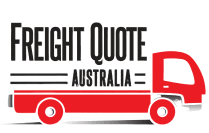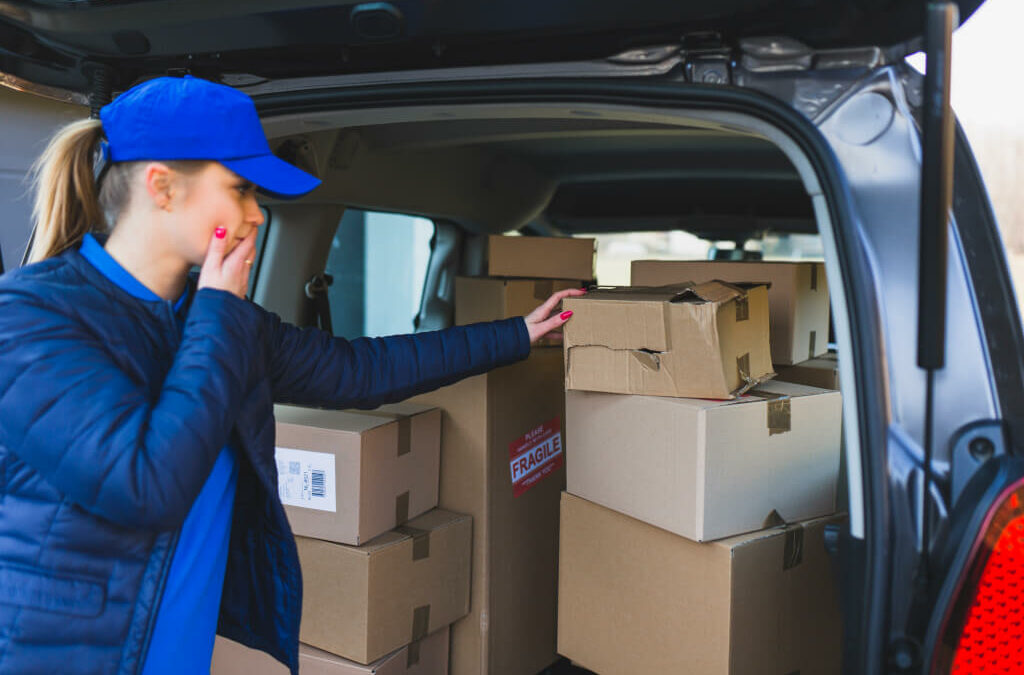These days you can insure yourself or you business against almost any risk under the sun. A handful of these insurances most businesses would not want to be without, and some in fact (such as workers insurance) are mandatory for most businesses employing staff. Others like Public Liability insurance will often be required in order to deal with certain customers, who want to be confident that if something really blows up, that their will be insurance cover in place to compensate them for their losses. Most professional services firms in Australia such as financial advisers and solicitors wouldn’t even consider operating without ‘professional liability’ insurance. On the other end of the spectrum you will find insurances which many people are comfortable living without, but others may choose to prioritise, things like sickness insurance, loss of income, etc. etc. You can even insure your pets.
Get a Freight Insurance Quote to Help You Decide
Freight insurance is slightly different to the above mentioned insurances. Freight and transport companies moving freight every day may insure everything they move, up to a certain value. However if your freight consignment is a ‘one-off’ – e.g. you’ve just bought a gym set on EBAY and you need a courier to get it from the sellers address to your own – then you should consider whether or not you wish to insure the consignment against loss and damage in transit. In any case, it doesn’t hurt to get a freight insurance quote and you might decide that it’s a small price to pay for peace of mind.
What are the inherent risks of transporting goods by road?
If you’re moving something from A to B, there is no practical way to eliminate all risk. Even if you put the consignment into your own vehicle boot, there is no guarantee that another vehicle on the road won’t crash into the back of you, resulting in ‘loss or damage in transit’. The key difference with using a freight or courier company is of course that it’s a third party who is handling the consignment. Compare this to e.g. when you travel on a plane: your hand luggage stays with you, or close within reach, whereas the ‘checked in’ luggage is entrusted entirely to third parties. While both are at risk of loss or damage, if you had to pick between insuring only one of them, you’d probably opt for the checked in luggage.
Ultimately the decision as to whether or not to insure a road transport consignment is a question of how you wish to balance the risk. While risk cannot be eliminated, fortunately the two greatest risks “loss” and “damage” can be significantly reduced. The following rules of thumb are highly recommended, regardless of whether you choose to insure your consignment:
Package the goods securely and correctly
This cannot be stressed enough. No amount of careful handling can avoid damage to an item which hasn’t been packaged or prepared properly, or which isn’t strapped properly to the pallet.
Mark the goods clearly and correctly
There are two reasons for this, and the first one is the most obvious – the goods will stand a very good chance of being delivered directly to the address you provide! But the second reason is just as important: should the consignment be temporarily misplaced, then a clearly marked consignment will stand the best chance of finding its way back to the correct transport depot, onto the correct delivery vehicle, and en-route to its correct destination, in the shortest possible time.
This article is general in nature and does not constitute legal, insurance services or other professional advice.

